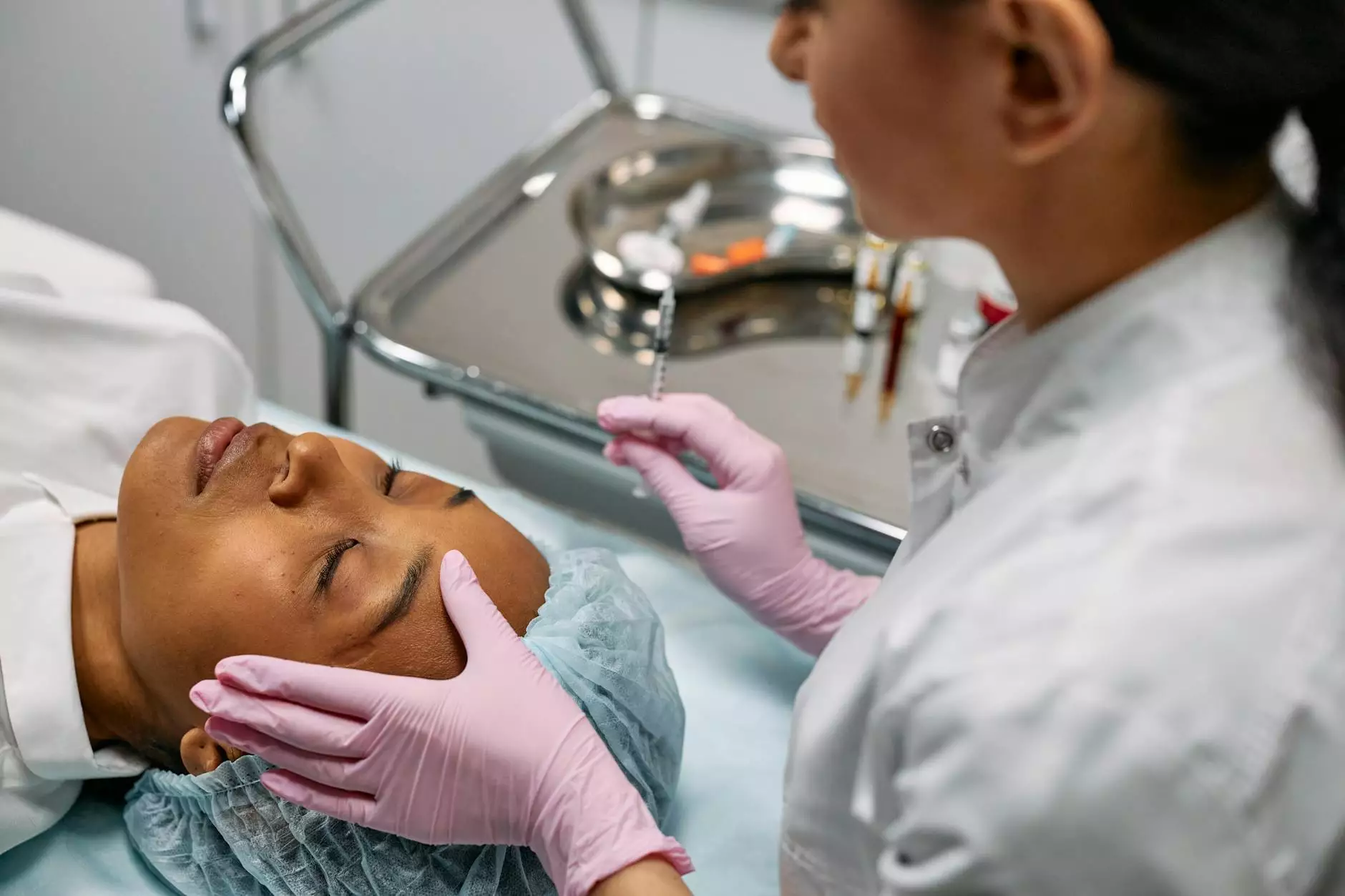What to Know about Orthopedic Surgery
Orthopedic Surgery
Welcome to Bowling Orthopaedics, your trusted source for information on orthopedic surgery. Our team of experts is dedicated to providing comprehensive care in the field of orthopedics. In this article, we will take an in-depth look at various aspects of orthopedic surgery, helping you understand what to expect and how to prepare for the procedure.
Understanding Orthopedic Surgery
Orthopedic surgery is a branch of medicine that focuses on the treatment of musculoskeletal conditions and injuries. It can involve surgical interventions to repair, reconstruct, or replace bones, joints, ligaments, tendons, and muscles. The goal of orthopedic surgery is to alleviate pain, restore function, and improve the quality of life for individuals suffering from orthopedic problems.
Types of Orthopedic Surgery
There are various types of orthopedic surgery, each designed to address specific conditions and injuries. Some common types include:
- Joint Replacement Surgery: This surgery involves replacing damaged or arthritic joints, such as hip or knee joints, with artificial implants to restore mobility and relieve pain.
- Arthroscopic Surgery: Arthroscopy is a minimally invasive surgical procedure that uses a small camera and specialized instruments inserted through small incisions to diagnose and treat joint conditions, such as torn ligaments or cartilage.
- Spine Surgery: Spine surgery focuses on treating conditions affecting the spinal column, including herniated discs, spinal stenosis, and spinal deformities.
- Hand and Wrist Surgery: This type of surgery aims to treat conditions of the hand and wrist, such as carpal tunnel syndrome, trigger finger, or fractures.
- Foot and Ankle Surgery: Foot and ankle surgery involves treating conditions like bunions, ankle fractures, or Achilles tendon injuries.
Preparing for Orthopedic Surgery
Preparing for orthopedic surgery is crucial to ensure a smooth and successful procedure. Here are some important steps to take:
- Consultation: Schedule a consultation with your orthopedic surgeon to discuss your condition, treatment options, and potential risks and benefits of surgery.
- Medical Evaluation: Your surgeon may request a comprehensive medical evaluation, including blood tests, imaging studies, and a physical examination, to assess your overall health and determine your suitability for surgery.
- Medication and Supplements: Provide a complete list of medications, herbal supplements, and vitamins you are taking. Some medications and supplements may need to be paused or adjusted prior to surgery.
- Prepare Your Home: Make necessary arrangements at home for post-operative care, such as arranging for someone to assist you with daily activities, ensuring a safe and comfortable environment, and stocking up on any recommended medical supplies.
- Follow Pre-Operative Instructions: Your surgeon will provide specific instructions regarding fasting, medications to avoid, and any other preparations you should make before the surgery.
During and After Orthopedic Surgery
During orthopedic surgery, your surgeon and medical team will use advanced techniques and equipment to perform the procedure. Anesthesia will be administered to ensure your comfort and safety throughout the surgery. Following the surgery, a recovery period and rehabilitation plan will be provided to aid your healing process.
It is essential to follow your surgeon's post-operative instructions carefully. These may include pain management techniques, physical therapy exercises, and guidelines for wound care and medication. Attending follow-up appointments and communicating any concerns or complications with your medical team is crucial for a successful recovery.
Conclusion
In conclusion, orthopedic surgery plays a vital role in the treatment and management of various musculoskeletal conditions. By understanding the different types of orthopedic surgery, adequately preparing for the procedure, and following post-operative instructions, you can maximize the chances of a successful outcome and regain your quality of life.
At Bowling Orthopaedics, we prioritize patient education and strive to provide you with the information you need to make informed decisions about your orthopedic health. Contact us today to schedule a consultation or to learn more about our services.




